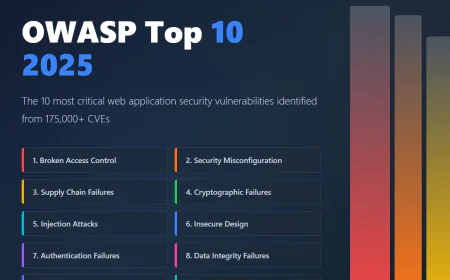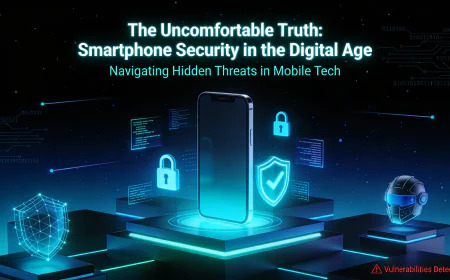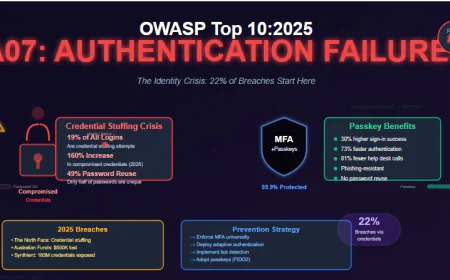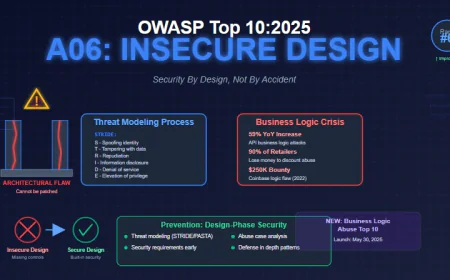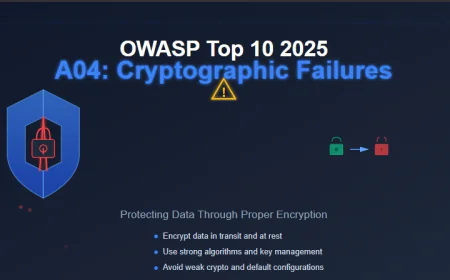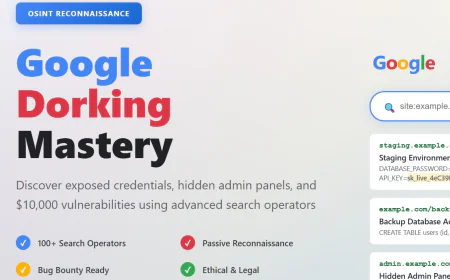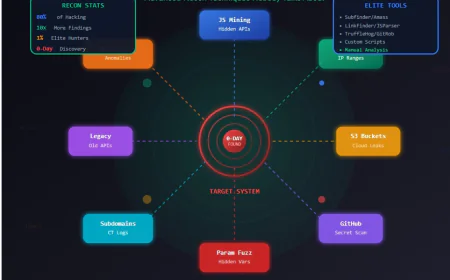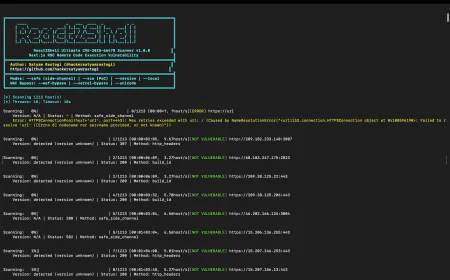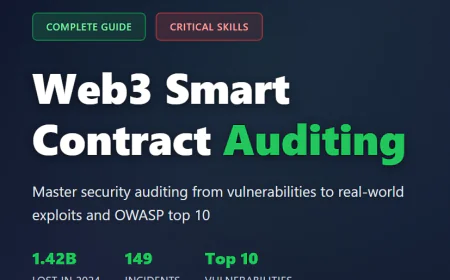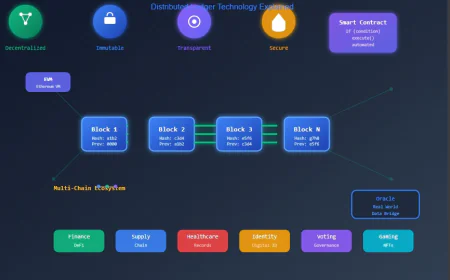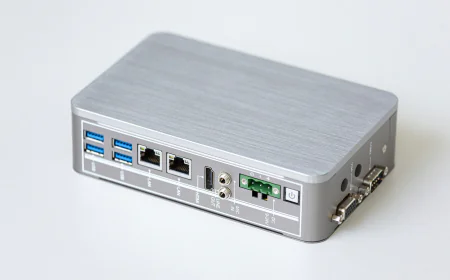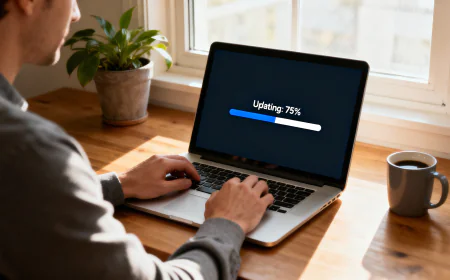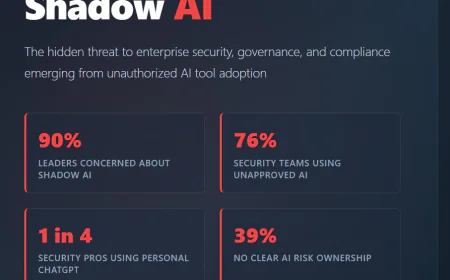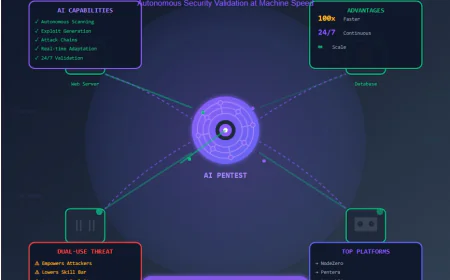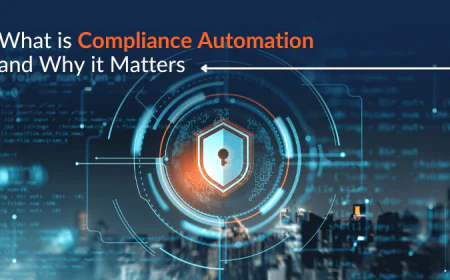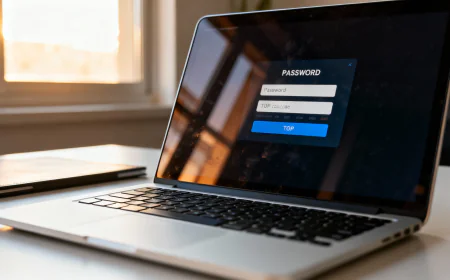Plex Breach 2025: Change Your Password Before It’s Too Late
Plex, the popular personal media streaming platform, just disclosed another data breach impacting a “limited subset” of users. While the stolen info included email addresses, usernames, hashed passwords, and unspecified authentication data, Plex insists the passwords were properly hashed—yet still urges everyone to reset passwords, sign out of all devices, and enable two-factor authentication (2FA). But why such urgency if the passwords are supposedly secure? What hashing method did Plex use? And why has this happened again—apparently mirroring a 2022 breach? In this blog, we break down exactly what happened, why it matters, and most importantly—what you should do right now to keep your Plex account safe.

Introduction
Data breaches are no longer rare events — they’re an everyday headline. And this time, it’s Plex, the streaming giant with over 25 million users worldwide, urging customers to reset their passwords after a new security incident.
The company confirmed that attackers accessed parts of its user database, exposing usernames, email addresses, scrambled (hashed) passwords, and some authentication data. While Plex claims the passwords are encrypted in a way that humans cannot directly read, the company still advises urgent action: reset your password and sign out of all devices immediately.
So, what exactly happened, and why does it matter? Let’s break it down.
What Happened in the Plex Breach?
Plex disclosed that:
- A third party exploited a method to access user data.
- Stolen info includes usernames, email addresses, hashed passwords, and some authentication data.
- Plex hasn’t revealed how many accounts are affected or what hashing algorithm was used.
- The timeline of discovery remains unclear (when the breach started and how long attackers had access).
This secrecy leaves many unanswered questions. For example:
- If the hashing algorithm is strong (like bcrypt), cracking passwords is difficult.
- If it’s weaker (like MD5 or SHA-1), attackers could crack hashes much faster.
That’s why Plex is pushing for immediate password resets — because uncertainty itself is a risk.
Why Is This Serious?
Even though Plex says passwords are scrambled, here’s why this matters:
- Hashing Strength Matters
Not all hashing is equal. Weak or outdated algorithms can be cracked by attackers using brute-force or rainbow tables. - Credential Stuffing Attacks
If users reused their Plex password on other accounts (email, banking, social media), attackers can try those same credentials elsewhere. - Authentication Data Risk
Plex also admitted “unspecified authentication data” was stolen. This could mean session tokens or API keys — which attackers might use to bypass passwords completely. - Unclear Transparency
Plex hasn’t revealed when the breach started, how hackers got in, or if they demanded ransom. Lack of transparency means customers must assume worst-case.
Case Study Connection: History Repeats?
This isn’t the first time Plex has faced issues. Back in 2022, Plex suffered another breach where users were forced to reset passwords. Many experts criticized Plex for not disclosing technical details back then either.
Lesson? Companies that repeat the same mistakes often highlight systemic security weaknesses — like poor patching, lack of monitoring, or weak encryption practices.
What Should Plex Users Do Right Now?
- Reset Your Password Immediately
Use Plex’s password reset form. Pick a strong, unique password (not reused anywhere else). - Enable Two-Factor Authentication (2FA)
This adds a second layer of protection, even if your password leaks. - Log Out of All Devices
Attackers with stolen tokens can hijack active sessions. Signing out everywhere cuts this off. - Monitor Other Accounts
If you reused your Plex password elsewhere, change those too. Attackers love credential stuffing. - Stay Alert for Phishing
Attackers may use stolen emails to send fake Plex notifications. Always verify links before clicking.
What Can We Learn From This Breach? (Security Takeaways)
For Users:
- Never reuse passwords across apps. A breach in one platform can compromise your entire digital life.
- Use a password manager to generate and store strong, unique credentials.
- Enable 2FA wherever possible.
For Organizations:
- Always use modern hashing algorithms like bcrypt, scrypt, or Argon2.
- Practice transparency — hiding details creates mistrust.
- Implement continuous monitoring and threat detection to spot intrusions earlier.
- Run regular penetration tests to uncover weak points before attackers do.
Conclusion
The Plex 2025 breach is another reminder that data security cannot be an afterthought. For users, it’s a wake-up call to take personal security seriously: update passwords, enable 2FA, and watch for suspicious activity. For organizations, it highlights the cost of weak security practices and poor transparency.
At the end of the day, Plex’s breach isn’t just about leaked data — it’s about trust. And once trust is broken, it’s hard to win back.
So don’t wait. Change your Plex password now — before it’s too late.
